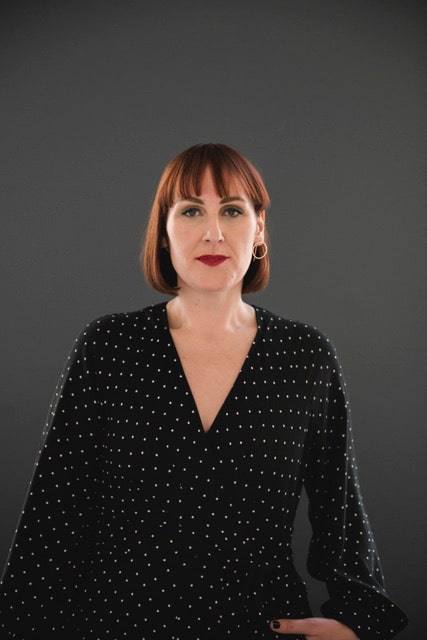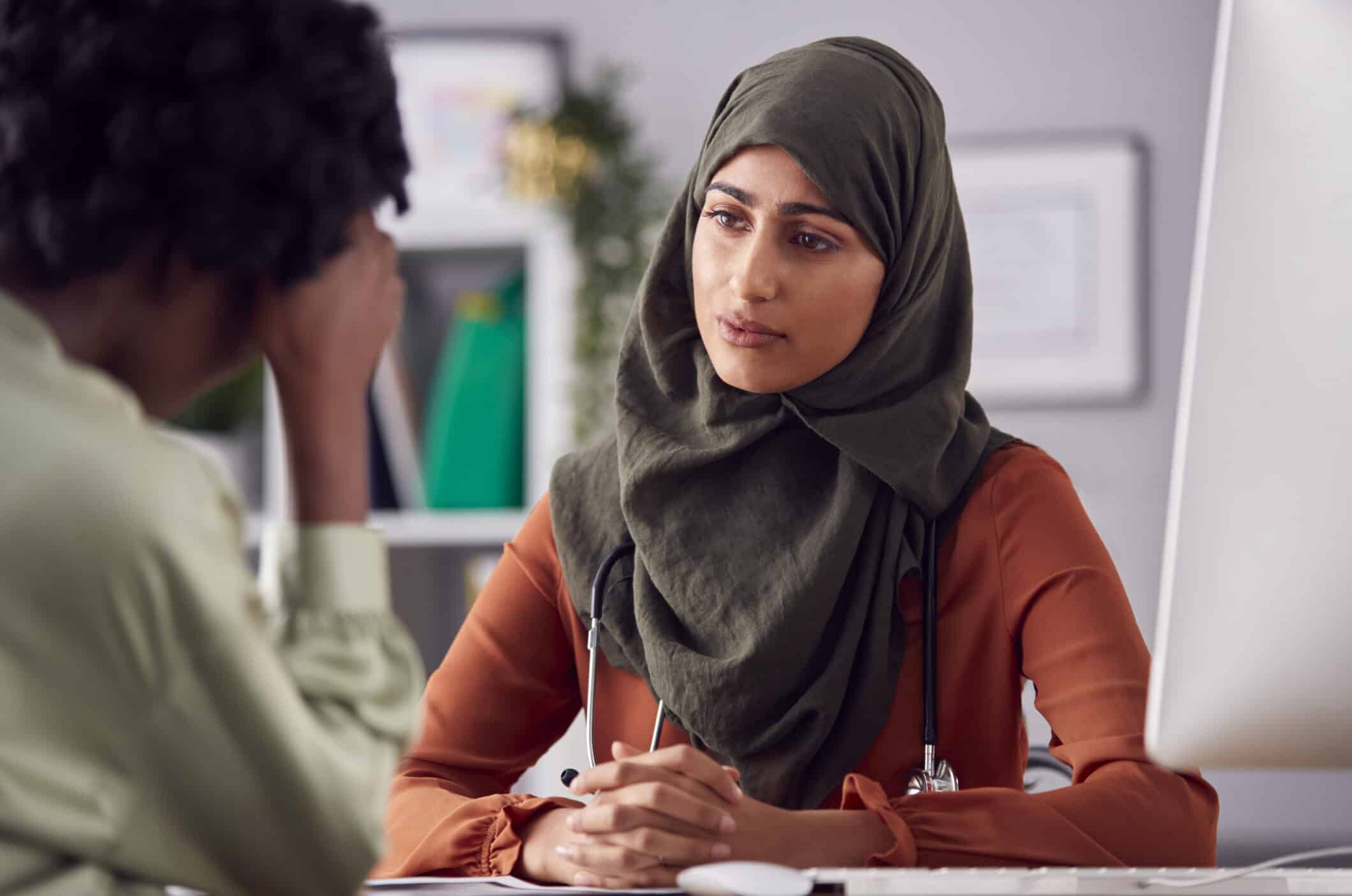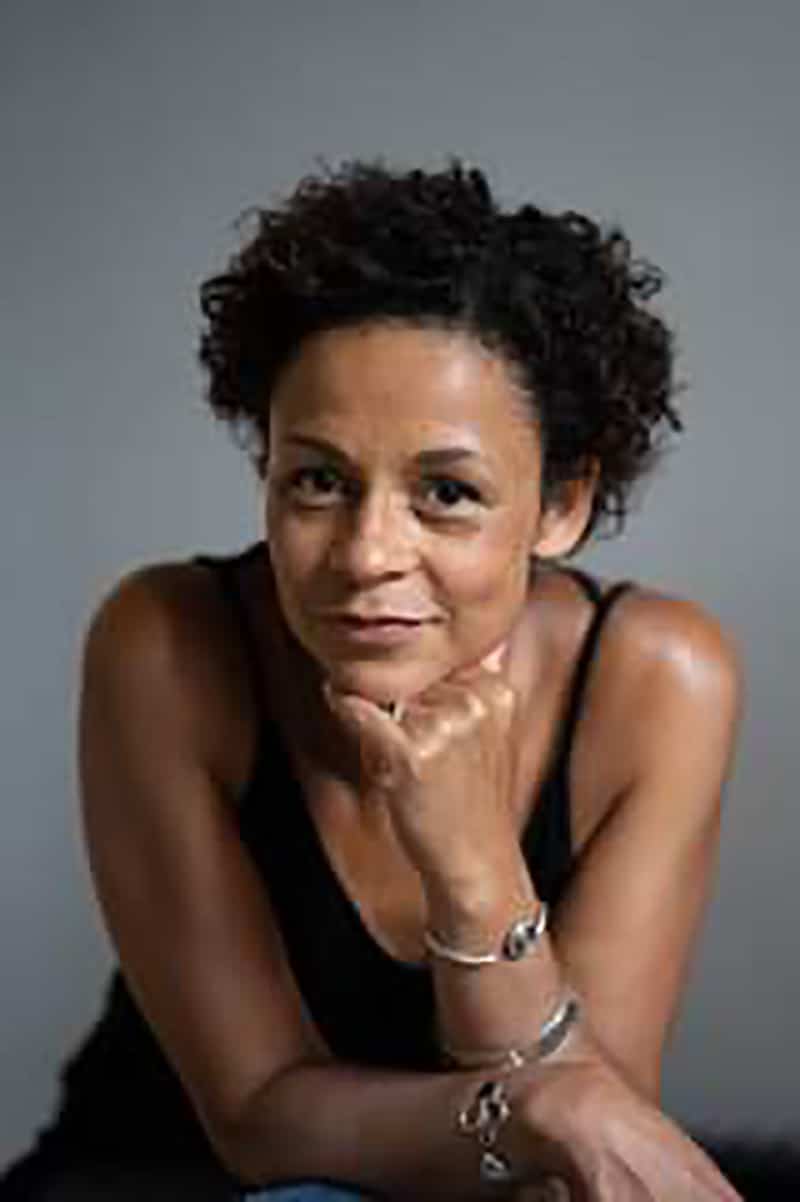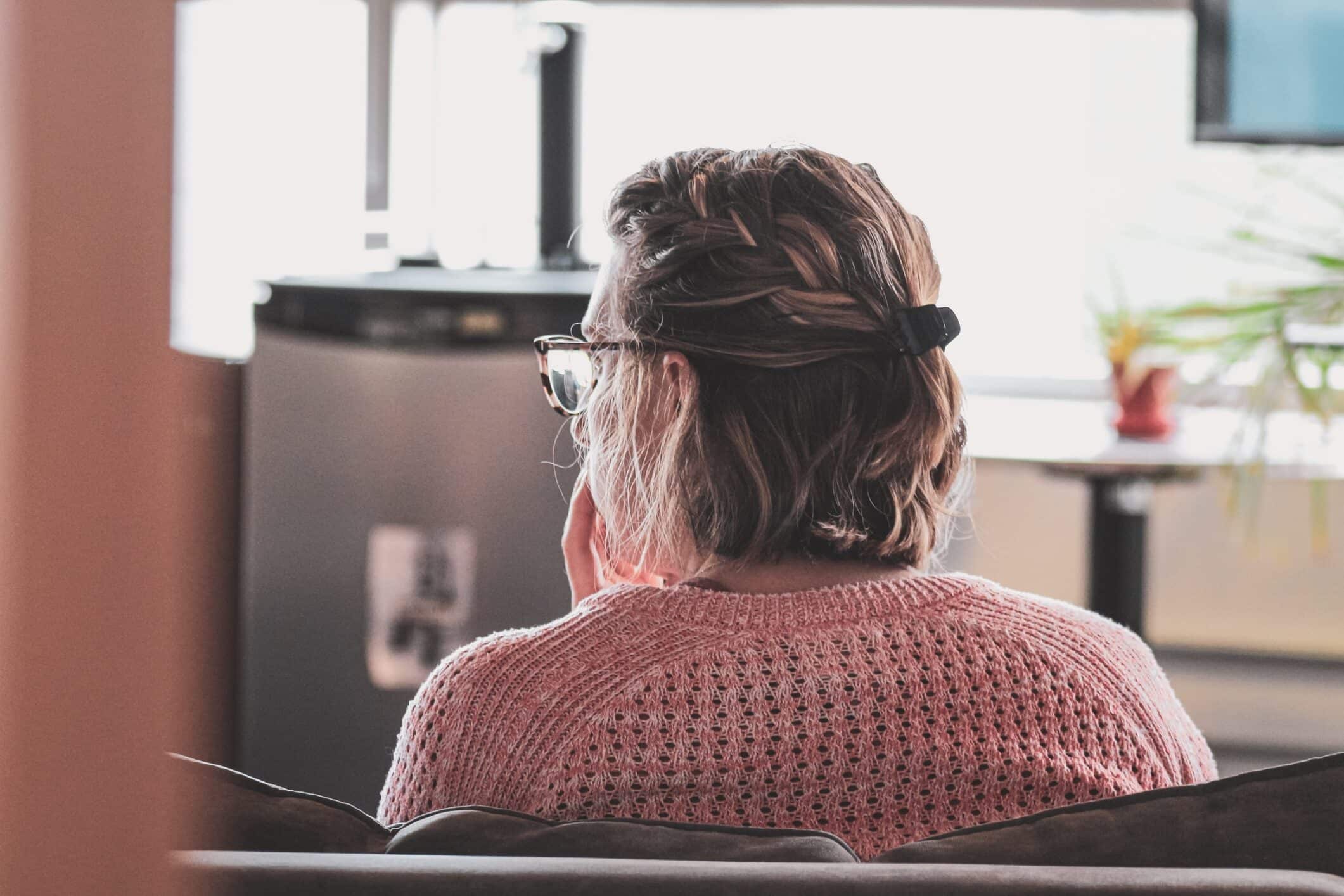Healthcare in the UK is failing women and girls. According to Nadine Dorries, the Minister of State in the Department of Health and Social Care, the gender imbalance is the inevitable consequence of historical bias. “For generations, women have been living in a health and care system primarily designed by men, for men,” she said earlier this year.
We need a healthcare system that responds to our female physiologyAfter a three-month consultation period earlier this year – and 112,000 submissions from individuals, women’s groups and healthcare professionals – a report is due to be published in September 2021 outlining a new agenda in England to improve health and wellbeing and ensure health services are meeting the needs of all women. Karla Morales-Lee, the founder of The Warrior Women Network which aims to help build a new world that works better for people and the planet, is hoping that her voice, and those of over 500 women recruited through her online community of intersectional women will be heard loud and clear. According to a joint statement on behalf of Karla, board advisor Meuthia Endrojono-Ellis and creative leader Linda Peanberg Kin. “There is already a wealth of scientific research that clearly states that prevention is better than cure, so for this to work, we need a healthcare system that responds to our female physiology,” she says. “We also need a clinical workforce that is better supported to address the cultural challenges, stigmas and taboos that we face, for a faster and accurate diagnosis.”
A joint submission for the call for evidence from Aequum Health and The Warrior Women Network presented their own questionnaire with insights on self-identifying women’s views and experiences. Responses, which were broken down by age, gender, ethnicity and occupation, showed a significant number of women (and a smaller number of men who responded) across the community – 72 per cent – felt there was not enough health information advice and guidance for women to access and to help raise awareness of health symptoms they may be experiencing.
And 60 per cent said they were not very confident, or not confident at all in the level of training in sex and gender difference that their health care practitioner had received or had access to. A majority were also concerned that their healthcare practitioner was not culturally sensitive or aware of the challenges they may be facing when discussing health issues. One responded: “Men do not understand the pain that comes with endometriosis (a painful condition that is caused by uterine lining adhering to tissue outside the womb). They have often tried to compare it to appendicitis or bloating, or kidney stones. I have had all three. It’s nothing like that at all.”
“We passionately believe that women’s voices should be heard in all the areas where decisions are made that impact us,” says Karla. ‘However, as much as we welcome the Women’s Health Strategy, we need to find out if it was adequately promoted and that is what we are going to be looking into. 112,000 women is being communicated as a huge body of evidence but it’s not millions of women. It’s not even 1 per cent of the 28.8m women in England.”

Karla Morales-Lee, the founder of The Warrior Women Network, submitted a response to the government’s consultation, with input from 500 women recruited through her online community of intersectional women.
Where it comes to health issues that affect both men and women, research is often biased towards men, including more males in trials for example even if women are the most likely to suffer from an ailment. Women from different ethnic backgrounds may not be recognised in the data all.
For example, NICE recently provided guidance for healthcare in England reporting that the BMI cut-off point determining if someone is overweight or obese are from previous studies of European-derived populations and may not be appropriate for other ethnic groups. “What that means in practice is that there have been black women who have been going to the doctors and have been diagnosed on the BMI that hasn’t had any data points for their ethnicity,” says Karla. “It’s not just what we can do that’s not been done before,some of the bedrock tools that we already have like BMI aren’t working for all women and the systems around care in general aren’t working and need addressing.”
“It is getting better, but historically funding bodies did tend to focus on conditions that either affected both men and women, or simply men,” says Dame Clare Gerada, Medical Director, Practitioner Health and former Chair of the Royal College of GPs.
“The panels of bodies such as the Medical Research Council and NICE often consisted of men who didn’t know much about reproductive health.”
Still today, medical guidance on medical problems like chronic pain and heart disease are overwhelming based on data from male subjects. Researchers in the past may have avoided female subjects because they could get pregnant – a risk – or simply because they weren’t available due to caring responsibilities.
Whatever the reason for the exclusion of women from scientific studies, that has caused real problems because lack of accurate data translates to poor outcomes for women suffering from heart attacks for example may have very different symptoms than men.
Women have been disproportionately affected by Covid, both in terms of their economic situation and their health
Dr Natasha Larmie, a weight-inclusive GP campaigning against weight stigma, explains: “Women’s health is not limited to gynaecology, fertility and the menopause, it is about every aspect of how a woman experiences and interacts with the health and care system. From diabetes to dementia, cardiac health to cholesterol women can have vastly different experiences of the health and care system both than from men, and from other women.”
The strategy also has other key aims, to improve the quality and accessibility of information and education on women’s health, Nadine Dorries says: “In order to tackle taboos and ensure that women’s voices are heard, I firmly believe that the provision of high-quality information and education is imperative. To give an example, the average diagnosis time for a condition as common as endometriosis is 7 to 8 years; it greatly saddens me to read how so many women think – or worse, are told – that the debilitating pain and symptoms they are experiencing are ‘normal’ or ‘imagined’ and they must live with it.”
Meuthia Endrojono-Ellis a former strategic commissioner in the NHS who co-founded healthcare tech company Aequum Health, believes that healthcare in the workplace is an important area which should be given weight in the upcoming Women’s Health Strategy. “Employers as well as government departments need to provide holistic solutions where each ‘really owns’ the situation and there are rewards, penalties and actions,” she says.

Women from different ethnic backgrounds may not be recognised in health research data at all. Picture from iStockphoto.
“Women also continue to take on disproportionate responsibility for childcare and caring for the elderly or disabled, which can further impact both women’s health and women’s workforce participation – for example, women may find it harder to access healthcare while balancing work and caring responsibilities.”
Dame Clare Gerada hopes that review will lead to action that is achievable. “I do think it might be worth focusing on deliverables like better access to free contraception, cheaper IVF and early abortion. I call it the re-emancipation of women since it seems to me that young women today have no more rights over their own bodies than my generation had at their age. If you take birth control you still need to jump through hoops such as not getting more than six months’ supply at a time and having to visit your GP. Why do you need to have your blood pressure taken? It’s nonsense and in many other countries it is already available for free over the counter.”
When it comes to IVF, she says it is often considered a ‘lifestyle issue’ which she says is “complete rubbish. The right of women to have children should be a human right and women shouldn’t be denied access to assisted conception based on cost which is artificially high. We treat other so called ‘lifestyle issues’ that affect men, including erectile dysfunction. Why not something as long-lasting and devastating for women as infertility?”
Menopause, the time in women’s lives when menstrual periods stop permanently, and they are no longer able to bear children, is often accompanied by a range of debilitating symptoms including brain fog, fatigue and anxiety, needs to be addressed in the strategy, according to Karla Morales-Lee. “We need a menopause revolution,” she says.
Menopause, which occurs on average in the UK around the age of 51, can have a significant impact on a woman’s career path. The number of employment tribunals involving menopause has quadrupled in the last three years, analysis of HM Courts & Tribunals data by Menopause Experts Group has found. Dee Murray, founder and CEO at Menopause Experts Group, said: “We regularly hear horror stories about how women are discriminated against in the workforce, and sadly menopause is one area where employers keep getting it wrong.”

Sian Ejiwunme Le Berre, like most women, did not hear about the Consultation until it had finished, despite attending frequent hospital appointments and interacting with social workers, carers and her own GP. Her story is below. Picture by Adam Rowley.
Across the board. Covid has had a dramatic effect on women’s health. “Multiple studies show that women have been disproportionately affected by Covid, both in terms of their economic situation and their health,” says Dame Clare Gerada. “Women have been exposed to greater amounts of domestic violence and their career prospects have plummeted due to the need to home school and care for family members at home. Long-acting reversible contraception, like the coil, is harder to get now because it was harder to get face to face appointments during the pandemic and we need to change this. If you look at risk factors, pregnancy is one of the riskiest things women ever do.”
Karla Morales-Lee, who wants lessons to be learned from the past and inclusion of all self-identified women, hopes that the UK’s first Women’s Health Strategy looks backwards as well as forwards. “What I am personally concerned about is the kind of narrative ‘we are going forward, you know we’ve done a great job so far’, when actually there is still some unpicking to do as well.”
But change is inevitable, she says. “If we span out and look at what’s going on generally, I really believe that we are in a revolution right now and everything that can change is going to change. And one of the things that is going to change is that women will no longer be treated like second class citizens.”
Will the Women’s Health Strategy represent all women?
As a Black woman who is registered disabled with multiple serious health conditions, Sian Ejiwunme Le Berre, 52, would have been keen to contribute in a meaningful way to the government’s upcoming Women’s Health Strategy. Among its many important goals, it claims to be ‘placing women’s voices at the centre of their health and care’ as well as understanding and responding to the impacts of Covid-19 on women’s health.
Yet Sian did not hear about the government’s consultation until after it had closed. Despite attending frequent hospital appointments and interacting with social workers, carers and her own GP, she only found out it had happened via this interviewer. Earlier this year, in March 2021, the Department for Health and Social Care, which is overseeing the strategy, opened a ‘call for evidence’ asking women via its website to fill out an online questionnaire or write their own submission. The call for evidence, announced on the government’s website, closed on May 1 after 50,000 women had participated. Despite the large volume of replies, the organisers announced an extension to June 1st to try and encourage participation from British Asian women, older women, young women and those living in the Midlands, where there seemed to be significant holes in the data. By the end of the process, they had gathered opinions from over 112,000 women, which is an impressive cohort, but it’s yet to be seen if the ‘women’s voices’ will be truly representative.
Although the DHSC cleared stated they welcomed replies from individuals or organisations ‘who have expertise in women’s health, such as researchers and third-sector organisations’, there seems to have been little or no outreach in the wider community, and astonishingly, the NHS, the principal service provider of healthcare in this country, was not involved in canvassing the opinions of its own service users.
Lack of voices from Black and Asian women will mean that the Strategy fails an important group within society who have already been disadvantaged more than most. Shai Gohir, RCOG Women’s Voices Lead, said. “We’re aware from speaking with women and girls that currently the health care system does not meet their mental and physical health needs. Women and girls of a lower socioeconomic status and from Black, Asian and minority ethnic communities lag even further behind and this has been exacerbated by the COVID-19 pandemic.”
Sian, who lives in London with her two adult children, one of whom is diagnosed autistic, supports what the Women’s Health Strategy is aiming to achieve. Like many, she hopes that, despite her misgivings, it will indeed encourage a culture shift in the NHS and the broader medical and scientific community, which she believes often ignores the needs of women, and particularly Black and Ethnic Minority women, in healthcare. “Let’s say I am hopeful, but it really is time that the NHS started listening to people like me.”





